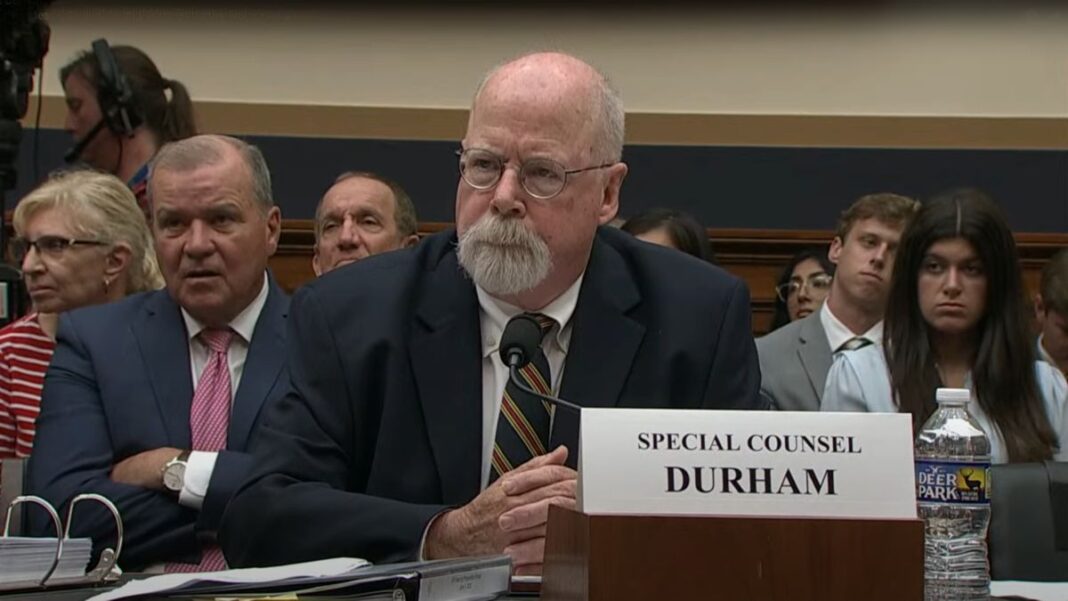A U.S. law that bars encouraging illegal immigration for advantage or gain is lawful, the Supreme Court ruled on June 23.
“After concluding that this statute criminalizes immigration advocacy and other protected speech, the Ninth Circuit held it unconstitutionally overbroad under the First Amendment. That was error,” Justice Amy Coney Barrett, a Trump appointee, wrote for the majority.
“Properly interpreted, this provision forbids only the intentional solicitation or facilitation of certain unlawful acts,” she added.
The law in question prohibits encouraging or inducing illegal immigration for “commercial advantage or private financial gain.”
The case was brought to the nation’s highest court by the government.
A man named Helaman Hansen was convicted in 2017 by a jury in California of violating the law as well as committing wire fraud. He was sentenced to 20 years in prison.
According to evidence disclosed during the trial, Hansen from 2012 to 2016 sold memberships to a “migration program” that falsely promised people they could become U.S. citizens.
“A central feature of the program was the fraudulent claim that immigrant adults could achieve U.S. citizenship by being legally adopted by an American citizen and completing a list of additional tasks,” U.S. prosecutors said previously.
Not one of the approximately 500 people who paid Hansen as much as $10,000 became a citizen. Federal authorities had told Hansen as early as 2012 that aliens adopted after turning 16 could not obtain citizenship.
Hansen’s lawyers argued that the law infringes on rights conferred by the U.S. Constitution’s First Amendment so much that it should not apply to anyone.
A panel of the U.S. Court of Appeals for the Ninth Circuit in 2022, agreed, vacating the convictions for inducement.
“It is clear that subsection (iv) covers a substantial amount of protected speech. Many commonplace statements and actions could be construed as encouraging or inducing an undocumented immigrant to come to or reside in the United States. For example, the plain language of subsection (iv) covers knowingly telling an undocumented immigrant ‘I encourage you to reside in the United States,’” U.S. Circuit Court Judge Ronald Gould, a Clinton appointee, wrote for the majority.






